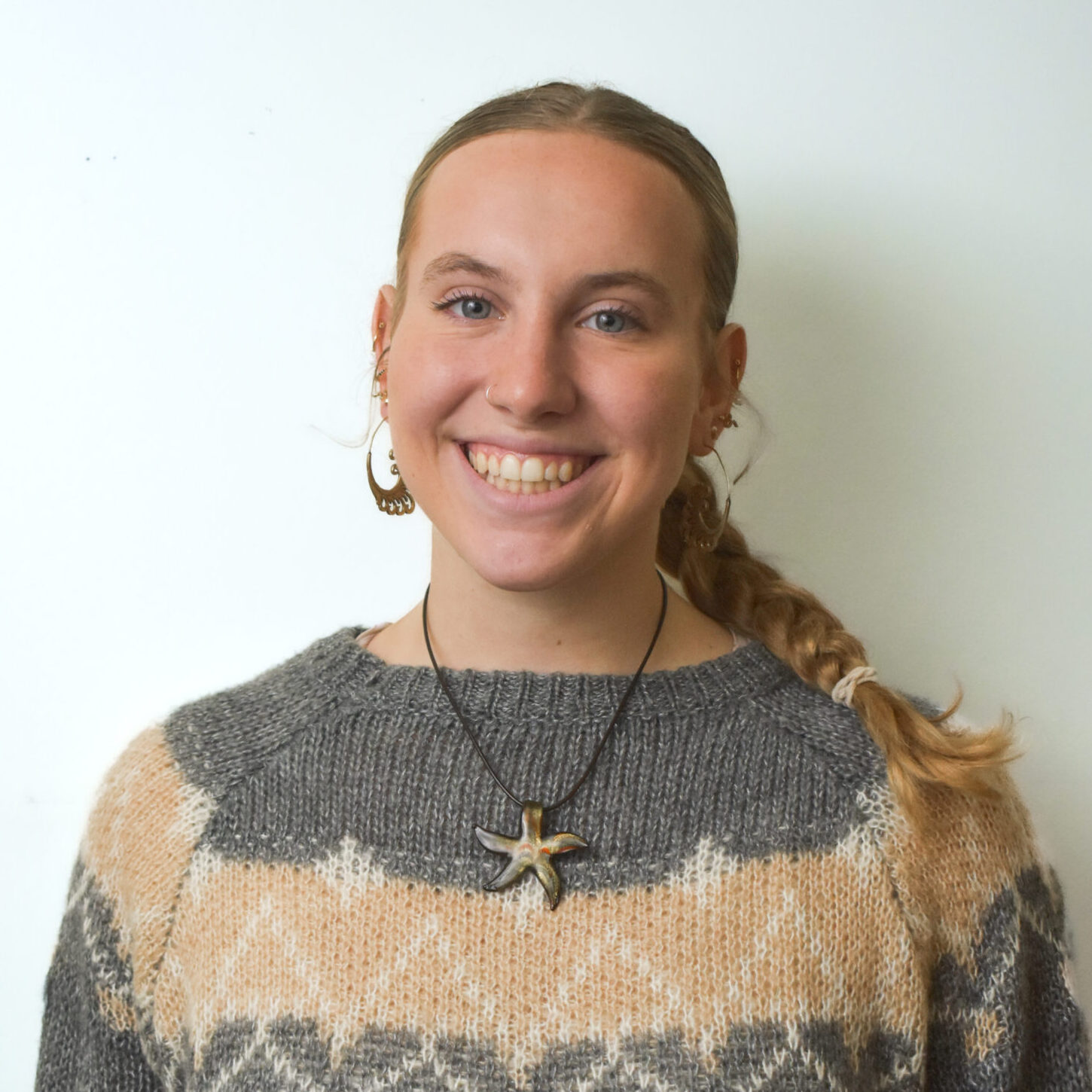Circle Keeping intends to create a “brave space” to process difficult situations like the election.
Conflict Resolution Circle Makes a Somber Space for Post-election Fears
The Student Rights, Responsibilities and Conflict Resolution Team in the Dean of Students Office held a “Processing Election Results Circle” Nov. 7 in tandem with the Center for Diversity and Inclusion as part of their Community Circles series.
The circle, styled after the Indigenous healing practice of Circle Keeping, made space for students and faculty to share their fears, hopes and anxieties following the victory of President-elect Donald Trump Nov. 6.
“I think the energy of the circle was very somber,” second-year environmental policy major Olivia Kiefer said. “Just understanding the general political climate here at Loyola, I think if Kamala had won, it would have been more of a celebration and expression of joy, hope.”
The Indigenous practice of using circles for communication, honesty and conflict resolution breaks from Western individualism to honor a collective response and togetherness, according to Assistant Dean of SRCR Willie Gore.
Within the circle, Gore and James Thomas, the director of the Center for Diversity and Inclusion, facilitated prompts for attendees alongside student conflict resolution liaisons.
Gore said the practice of Circle Keeping intends to create a “brave space” for attendees to build community and make connections, specifically when processing difficult situations like the election. Because there’s no head to a circle, Gore said the shape can be a powerful tool of equality.
After each question, a stress ball was passed around, giving each person the privilege to share their thoughts while holding the “talking piece.”
Prior to entering the circle, Kiefer, one of the conflict resolution liaisons, explained the “circle norms,” including being present, trusting the intentions of others, understanding the impact of words, using “I” statements, avoiding dominating the conversation and welcoming any emotion — not just “toxic positivity.”
The first question asked attendees to give three words describing their emotions. Words like “anxious,” “tired,” “angry” and “hopeful” were shared, and many attendees nodded solemnly as others spoke about their fears.

The following questions touched on challenges attendees were struggling to move past and actions that could be taken to mitigate the stress of the election and its results. Many students mentioned falling back on their support systems and hoping they could be there for others too.
“I think so often students hold that ‘I don’t want to put this on my friend,’” Thomas said. “And it’s like, sometimes it’s us leaning on each other in those moments.”
The final question asked attendees to talk about ways they were finding “critical hope” or “courageous joy” following the disappointment and feeling of rejection the election caused.
“Sometimes living is just survival,” Gore said. “And other times it’s celebration, it’s courageous joy, it’s critical hope. But you live, you survive. You’re reminded that you’ve made it through. You’ve survived everything you’ve gone through. You live.”
The circle was planned prior to knowing who would be the 47th U.S. president, according to Gore. He said he thinks the circle still would’ve been needed had Vice President Kamala Harris been elected, but he believes hope would’ve been more easily accessible had the results been different.
About half the questions were prepared before knowing the election results, and the rest were added later, according to Kiefer.
Kiefer said while she doesn’t think Loyola students would’ve followed Harris blindly had she been elected, she thinks the immediate aftermath of the results would’ve resulted in a more joyful space.
She suggested taking time to grieve before channeling those emotions into change and action, understanding the power the people have inside democracy.
“It’s really easy, particularly, in this age of polarization, to feel like the world is ending, and there’s nothing we can do,” Kiefer said. “But the more we continue to learn about just things as simple as how the government works, we can sort of feel safer under the new administration.”
Conflict resolution liaison and second-year information systems and analytics major Paige Degnan said she speculated the turnout wouldn’t have been the same if Harris was elected, considering Loyola’s liberal-leaning demographic.
“I still would have come just because an election is a big change, regardless of your political views,” Degnan said. “But it definitely would have been, I feel like, different conversations.”
Degnan said finding alternate outlets, like going on runs and enjoying the little things, has been helpful in coping with the disappointment of the election results.
-

Julia Pentasuglio is a second-year majoring in multimedia journalism and political science with a minor in environmental communication and is one of two Deputy News Editors for The Phoenix. Julia previously interned on the Digital Media team at North Coast Media, a business-to-business magazine company based in Cleveland, Ohio. She has also written freelance for The Akron Beacon Journal. Outside of her love for news and journalistic storytelling, Julia enjoys camping, biking, skiing and anything she can do outside.
View all posts
Topics
Get the Loyola Phoenix newsletter straight to your inbox!


